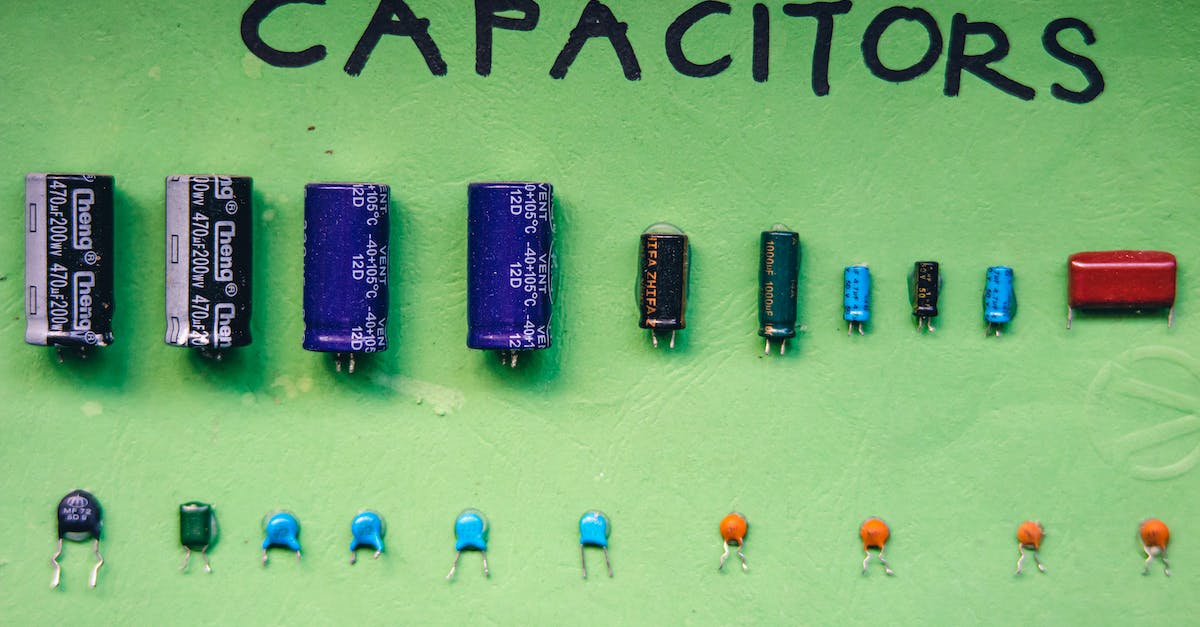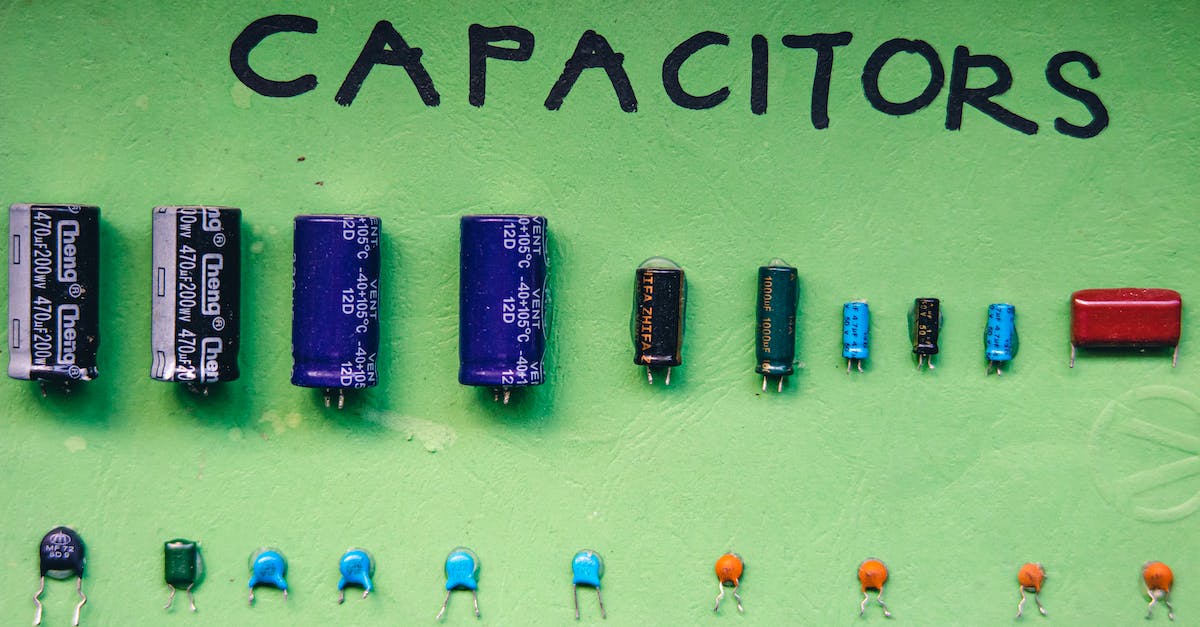Electrical compatibility between different countries

What electrical compatibility parameters and safety guidelines should be borne in mind when moving from one country to another? As far as I know, there are
- AC voltage (110V, 220-240 V),
- frequency (50/60 Hz),
- plug socket type (varies widely) and
- product wattage (depends on the individual appliance).
I am moving from India to UK later this month and I find that of the above parameters, only the plug socket varies (220V/50 Hz in both countries). If I have a plug socket converter, will I be able to any electrical appliance from India in the UK?
Best Answer
For electrical appliances connected to a single-phase circuit, you are mostly right. Most appliances will even work on both 50 and 60 Hz.
Without being specific on the differences between India and UK, there are however a few other issues to consider:
Especially in poorer countries with unreliable distribution networks, the actual voltage may vary a lot from the specified voltage. Operating an electrical appliance both below and above its rated voltage may lead to damage.
Even if plugs and sockets are partially compatible and seem to fit, you may not achieve a proper grounding if required. It is at least a potential safety hazard if you connect an appliance requiring a grounded outlet to a ungrounded socket or an incompatible socket, causing the grounding pin to be left unconnected.
Safety requirements for electrical appliances vary greatly from country to country. Even if an appliance works and it (for some definition of safe) is safe to use, it is in some countries illegal to operate equipment not approved by a national certification organization.
One oddity of UK electrical installations is that most plugs have to be fused. Using a cheap travel adapter without a fuse may be a fire hazard. This is not just about multiple layers of safety as suggested by Rory in his comment. In the UK, an entire housing unit is usually wired with a single circuit protected by a 30/32A fuse. In most other 230V-countries, multiple circuits protected by 10 or 16A fuses are used instead. Without a fused plug, a malfunctioning appliance may in the UK cause the full 30/32A to be drawn through the appliance' mains cable, which is very unlikely designed for so high currents. The high current may cause the cable to warm up and catch fire. In other countries, the main fuse will trip at a lower current, so that securing the mains cable itself with a smaller fuse is not required.
For high-wattage appliances (heaters, stoves, ACs) requiring a multi-phase connection (usually three-phase or split-phase), there are several more issues to consider and in some cases even unusual variations within the same country. AFAIK, both India and UK have 400V Y-connected three-phase-networks, so you should not have any problems.
Pictures about "Electrical compatibility between different countries"



Do all countries use the same style of electrical plugs?
Around the world, about 750 million people \u2013 one out of every 10 \u2013 still don't have access to electricity. But for the 90% who do, there are 15 different types of domestic electrical outlet plugs in use around the globe.Do different countries have different voltages?
Europe and most other countries in the world use a voltage which is twice that of the US. It is between 220 and 240 volts, whereas in Japan and in most of the Americas the voltage is between 100 and 127 volts.Which countries use the same plug?
What are the electric plugs for each country?CountryOften uses same connectors as:Type of plugJamaicaUnited StatesA,BJapanJapanA,BJordanUnited KingdomB,C,D,F,G,JKenyaUnited KingdomG92 more rowsWhich country has the best electrical system?
Generation and reliable infrastructure. According to the report, France has the most reliable electricity system of any country with a population of more than five million people, having gone a decade without a power outage.Sockets \u0026 Voltages In Different Countries | Electricity | Physics | FuseSchool
More answers regarding electrical compatibility between different countries
Answer 2
Yes going from india to the UK the plug type is the only issue you will need to deal with.
Adaptors are an option but I would be careful which ones you buy. Many sold abroad or from dodgy outlets in the UK will lack the fuse that british plugs are required to have. Adapters sold in reputable shops in the UK will have the fuse but are still likely to be designed for multiple different types of plug and will fit none of them well.
If you are bringing the appliances permanently I would reccomend just replacing the plugs with UK ones. If you insist on using adaptors try to get ones that are designed for one specific type of plug.
https://cpc.farnell.com/pro-elec/9950/india-to-uk-adaptor/dp/PL11223
Answer 3
That should be OK, except for heavy wattage appliances[ read refrigerators, air conditioners], where it might be a problem.
Sources: Stack Exchange - This article follows the attribution requirements of Stack Exchange and is licensed under CC BY-SA 3.0.
Images: Nothing Ahead, Nothing Ahead, Karolina Grabowska, Karolina Grabowska
